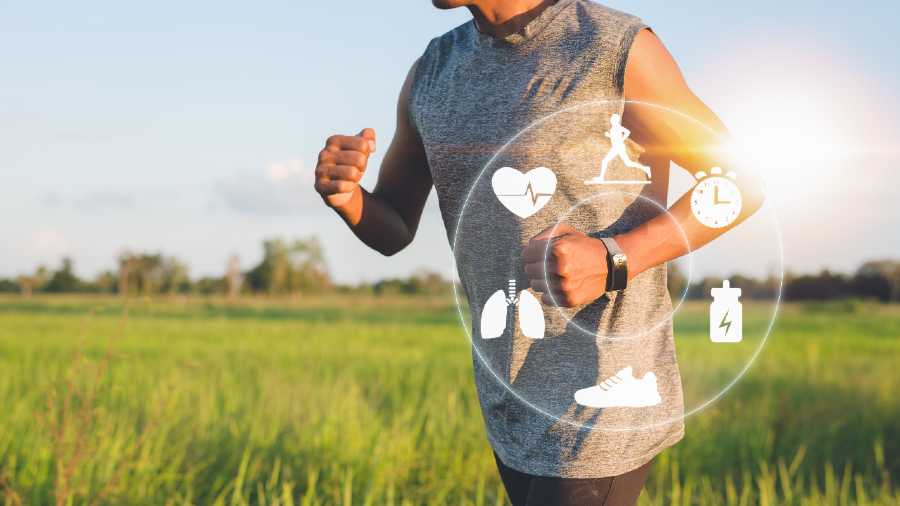Last spring, when the US’s Covid-19 cases were soaring and tests were in short supply, scientists wondered if a new approach to disease surveillance might be on Americans’ wrists.
One in five Americans uses a Fitbit, Apple Watch or other wearable fitness tracker. Studies have suggested that the devices — which can continually collect data on heart rates, body temperature, physical activity and more — could help detect early signs of Covid-19.
Now research suggests these wearables can also help track patients’ recovery from the disease, providing insight into its long-term effects.
In a paper published in Jama Network Open, researchers reported that people who tested positive displayed behavioural and physiological changes, including an elevated heart rate. These symptoms lasted longer in people with Covid than in those with other respiratory illnesses.
The results are from the Digital Engagement and Tracking for Early Control and Treatment (DETECT) trial run by scientists at the Scripps Research Translational Institute in La Jolla, California, US. Participants downloaded the MyDataHelps research app and agreed to share data from their Fitbit, Apple Watch or other wearable device.
In October, the researchers reported in Nature Medicine that when they combined wearable data with self-reported symptoms, they could detect Covid-19 cases more accurately than when they analysed just symptoms.
The new study focuses on a subset of 875 Fitbit-wearing participants who reported a fever, cough, body aches or other symptoms of a respiratory illness. Of those, 234 people tested positive.
Participants in both groups slept more and walked less after they got sick, and their resting heart rates rose. But these changes were more pronounced in people with Covid-19. “There was a much larger change in resting heart rate for individuals who had Covid compared to other viral infections,” said Jennifer Radin, a public health researcher at Scripps who leads the DETECT trial.
The scientists also found that about nine days after participants with Covid first began reporting symptoms, their heart rates dropped. After this dip, which was not observed in those with other illnesses, their heart rates rose again and remained elevated for months. It took 79 days, on average, for their resting heart rates to return to normal, compared with just four days for those in the non-Covid group.
This prolonged heart rate elevation may be a sign that Covid-19 disrupts the autonomic nervous system, which regulates basic physiological processes. The heart palpitations and dizziness reported by many people who are recovering may be symptoms of this disruption.
The researchers identified a small subset of people with Covid whose heart rates remained more than five beats per minute above normal one to two months after infection. Nearly 14 per cent of those with the disease fell into this category, and their heart rates did not return to normal for more than 133 days, on average.
These participants were also significantly more likely to report having had a cough, shortness of breath and body aches during the acute phase of their illness than did other Covid patients.
NYTNS











